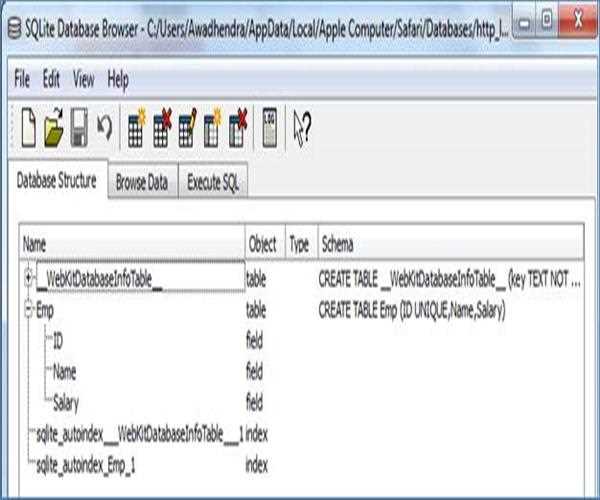

This approach works for the terminal command, but the session looks broken and you’ll see some ugly error messages like: "groups: cannot find name for group ID" The problem here is, that the user and group don’t really exist in the container. The difference is ‘–user “$(id -u):$(id -g)“’ - they tell the container to run with the current user id and group id which are obtained dynamically through bash command substitution by running the “id -u” and “id -g” and passing on their values. You can run the ubuntu image with an explicit user id and group id. Set the Docker user when running your container
.png)
In addition, this approach can break the dockerized program for future runs, especially if the container’s user does not have root permissions. If you want to write shared data from within your Docker container and use it from your host regularly, this can get tedious really fast. One way to fix them temporarily, is to take ownership of them again and again and again: $ chown -R hostuser:hostuser shared As the container ran with the “root” user by default, we won’t be able to use those files from the host. We work on the shared folder, and create a file newfile from within a temporary container. NOTE: if you’re using something like docker on mac, you won’t run into those permission issues, as the file sharing is done through NFS and your local files will have the right user. mount "type=bind,src=$(pwd)/shared,dst=/opt/shared" \ Here is a simple example of creating a new file with wrong permissions: $ docker run -it -rm \ Taking ownership of the files from your shared folder can be done with chown.
Cannot use sqlitemanager how to#
It’s tedious and there is a better way: read on to learn learn how to build, configure and run your Docker containers correctly, so you don’t have to fight permission errors and access your files easily.įirst, let’s look at a “quick fix” which gets tedious quickly, before introducing better alternatives you want to use instead. One frequent solution, is to “chown” your shared folder again and again. The file permissions and ownership are all wrong. The user of the container (root in the worst case) is completely different than the one on the host. Is this what you see when accessing files that were created from within your Docker container? Avoiding Permission Issues With Docker-Created Files Permission denied


 0 kommentar(er)
0 kommentar(er)
